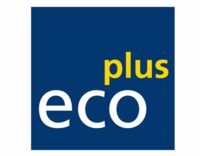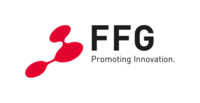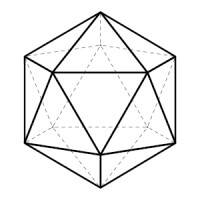Using Extended Reality (XR) Technologies to Learn New Skills and Optimise Processes.
Background and Project Content
Enhancing the perception of reality (Augmented Reality, AR) with the help of technical means as well as building environments in which the boundaries between real and virtual worlds become blurred (Mixed Reality, MR) offer new possibilities of collaboration and data visualisation. Many sectors might profit from this development, however, it is not yet widely known how such technologies could be usefully applied and which advantages and potentials they harbour. The project IMPACT-sXR seeks to close this gap by developing a training and assistance concept. This includes task-related planning, execution and production information that makes it easier for users to intuitively learn new working methods and apply technical know-how. The concept relies on AR and MR technologies and approaches (XR in short) to support trainings for or during assembly or maintenance processes as well as in quality control.
Methods and Objectives
The project team is planning to
- test new forms of location-independent collaboration. This includes working in teams through the integration of real-time 3D in-depth information on the real environment and the visualisation of real-time production data that users can interact with.
- establish new XR-assisted training and learning methods. XR methods allow for training scenarios that are adaptive and can be parameterised more easily. In other words, they increase the measurability of learning success and make it possible to adapt trainings to changed circumstances faster. Moreover, training contents can be provided for several participants at once (without having to install additional software) and playful elements can be integrated into the teaching of content (gamification).
- create processes together with the users in order to ensure acceptance for the newly developed technologies and working methods in the companies.
- identify the advantages of XR solutions in terms of sustainability, energy and resource efficiency, and the potential reduction of the ecological footprint.
Results
In the project IMPACT-sXR, industrial partners and universities work together to strike new paths in knowledge transfer and the optimisation of working processes with the help of XR technologies. The large network of project partners (23 partners from the industry and four universities) ensures that a variety of use cases are covered and that the knowledge of possible uses for XR technology is widely disseminated. The research results are made available to the public – unless they affect company-specific data or processes – and can therefore be also of use for companies that are not involved in the project.
Report (only available in German)
You want to know more? Feel free to ask!
Ramon Brullo
- Geodata Group
- Hoerbiger Wien GmbH
- Umdasch Group Ventures
- RHI Magnesita GmbH
- Palfinger AG
- Lenze [Germany]
- Otto Bock HealthCare Products GmbH
- Wiener Linien GmbH & Co KG
- Voestalpine Böhler Welding Group GmbH
- ÖBB Österreichische Bundesbahnen
- Bosch Rexroth GmbH [Germany]
- ZKW Group GmbH
- voestalpine, Signaling Zeltweg GmbH
- Trotec Laser GmbH
- Framag Industrieanlagenbau GmbH
- AUVA
- Takeda Pharma Ges.m.b.H. [Japan]
- AMS Arbeitsmarkservice
- Swietelsky AG
- Siemens [Germany]
- Haumberger e.U.
- Inventio GmbH
- Fachhochschule Oberösterreich
- ecoplus
- Fachhochschule Joanneum
- Technische Universität Wien



